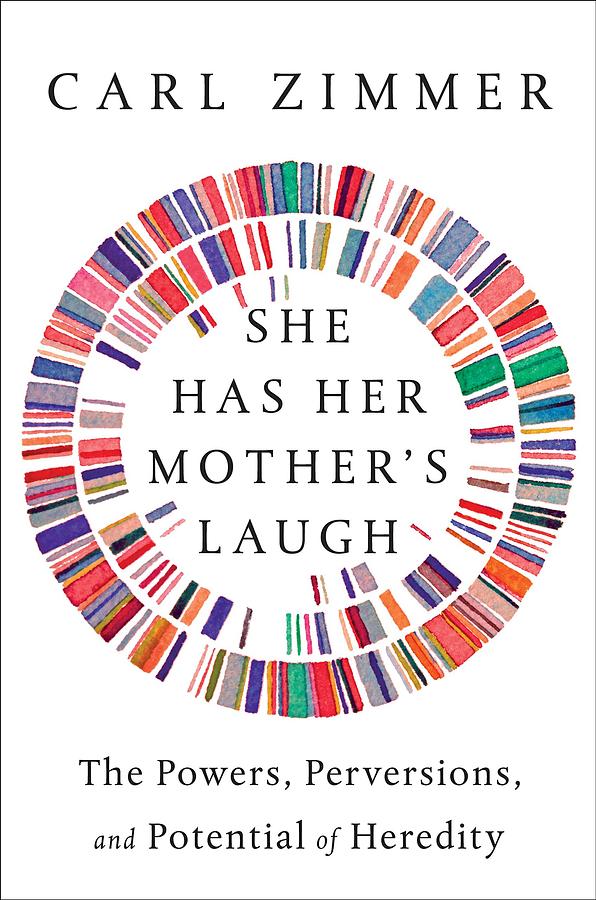內容簡介
內容簡介 她笑起來像媽媽:你所不知道的強大遺傳力過去達爾文已將遺傳劃入科學領域,但他卻來不及鑽研此門學科。隨著近來遺傳學變得大眾化、且檢測越來越便宜,大家開始風行從基因追溯自己的祖先和來源!Award-winning, celebrated New York Times columnist and science writer Carl Zimmer presents a history of our understanding of heredity in this sweeping, resonating overview of a force that shaped human society--a force set to shape our future even more radically.She Has Her Mother's Laugh presents a profoundly original perspective on what we pass along from generation to generation. Charles Darwin played a crucial part in turning heredity into a scientific question, and yet he failed spectacularly to answer it. The birth of genetics in the early 1900s seemed to do precisely that. Gradually, people translated their old notions about heredity into a language of genes. As the technology for studying genes became cheaper, millions of people ordered genetic tests to link themselves to missing parents, to distant ancestors, to ethnic identities. . . .But, Zimmer writes, "Each of us carries an amalgam of fragments of DNA, stitched together from some of our many ancestors. Each piece has its own ancestry, traveling a different path back through human history. A particular fragment may sometimes be cause for worry, but most of our DNA influences who we are--our appearance, our height, our penchants--in inconceivably subtle ways." Heredity isn't just about genes that pass from parent to child. Heredity continues within our own bodies, as a single cell gives rise to trillions of cells that make up our bodies. We say we inherit genes from our ancestors--using a word that once referred to kingdoms and estates--but we inherit other things that matter as much or more to our lives, from microbes to technologies we use to make life more comfortable. We need a new definition of what heredity is and, through Carl Zimmer's lucid exposition and storytelling, this resounding tour de force delivers it.Weaving historical and current scientific research, his own experience with his two daughters, and the kind of original reporting expected of one of the world's best science journalists, Zimmer ultimately unpacks urgent bioethical quandaries arising from new biomedical technologies, but also long-standing presumptions about who we really are and what we can pass on to future generations.
作者介紹
作者介紹 Carl ZimmerCarl Zimmer writes the Matter column for the New York Times and has frequently contributed to The Atlantic, National Geographic, Time, and Scientific American, among others. He has won the American Association for the Advancement of Science's Science Journalism Award three times, among a host of other awards and fellowships. He teaches science writing at Yale University. His previous books include Parasite Rex, Evolution and Microcosm.
